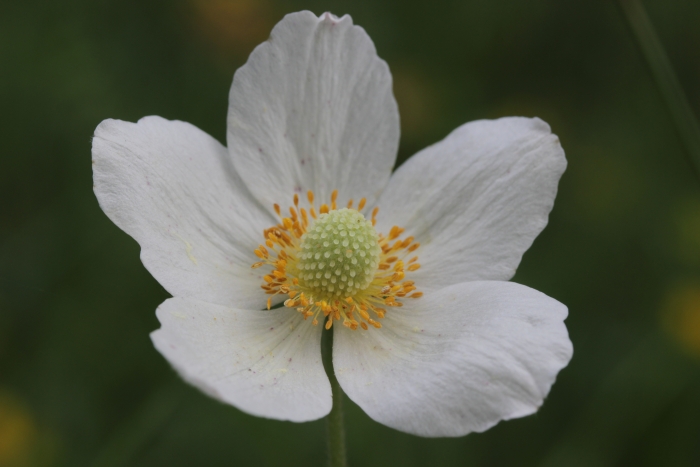Snowdrop Anemone
(Anemone sylvestris)
Snowdrop Anemone (Anemone sylvestris)
/
/

Björn S...
CC BY-SA 2.0
Image By:
Björn S...
Recorded By:
Copyright:
CC BY-SA 2.0
Copyright Notice:
Photo by: Björn S... | License Type: CC BY-SA 2.0 | License URL: https://creativecommons.org/licenses/by-sa/2.0 | Uploader: INeverCry | Publisher: Wikimedia Commons | Title: Snowdrop_Anemone_-_Anemone_sylvestris_(27342095781).jpg | Notes: {{Information |Description ={{en|1=Location taken: Brookside Gardens, Maryland. Names: Asplenium daucifolium Lam., Mauritius spleenwor Classification: Plantae > Pteridophyta > Polypodiopsida > Polypodiales > Aspleniaceae > Asplenium > As


















































Estimated Native Range
Summary
Anemone sylvestris, commonly known as Snowdrop Anemone, is a perennial herb native to open meadows, grasslands, and dry deciduous woodlands across central and western Europe, as well as temperate regions of Asia. It typically grows to a height of 1–1.5 feet and features fragrant, showy white flowers with five petals and prominent yellow anthers, blooming in April and May. The foliage is deeply lobed and provides a lush backdrop for the flowers. After flowering, fluffy seed heads add additional interest.
Snowdrop Anemone is valued for its early spring blooms and its ability to form naturalized drifts in garden settings, making it a favored choice for woodland gardens, shaded borders, and cottage gardens. It thrives in moist, well-drained soil rich in organic matter and prefers partial shade, though it can tolerate full sun in cooler climates. While it is low-maintenance, it can spread vigorously under ideal conditions, which should be considered when planting. It is also deer-resistant, making it suitable for areas with high deer populations. Popular cultivars like ’Madonna’ offer gardeners enhanced floral displays and robust growth.CC BY-SA 4.0
Snowdrop Anemone is valued for its early spring blooms and its ability to form naturalized drifts in garden settings, making it a favored choice for woodland gardens, shaded borders, and cottage gardens. It thrives in moist, well-drained soil rich in organic matter and prefers partial shade, though it can tolerate full sun in cooler climates. While it is low-maintenance, it can spread vigorously under ideal conditions, which should be considered when planting. It is also deer-resistant, making it suitable for areas with high deer populations. Popular cultivars like ’Madonna’ offer gardeners enhanced floral displays and robust growth.CC BY-SA 4.0
Plant Description
- Plant Type: Herb
- Height: 1-1.5 feet
- Width: 1-1.5 feet
- Growth Rate: Moderate
- Flower Color: White
- Flowering Season: Spring
- Leaf Retention: Deciduous
Growth Requirements
- Sun: Full Sun, Part Shade, Full Shade
- Water: Medium
- Drainage: Medium
Common Uses
Border Plant, Butterfly Garden, Groundcover, Low Maintenance, Rock Garden
Natural Habitat
Open meadows, grasslands, and dry deciduous woodlands across central and western Europe, as well as temperate regions of Asia
Other Names
Common Names: Snowdrop Windflower , Windflower , Da Hua Yin Lian Hua
Scientific Names: Anemone sylvestris , Anemone alba , Anemone hirsuta , Anemone pratensis , Anemone pratensis , Anemone sordida , Anemone sylvestris f. biflora , Anemone sylvestris f. biflora , Anemone sylvestris f. biflora , Anemone sylvestris f. grandiflora
GBIF Accepted Name: